By: Adama Sanneh
HISTORY OF SAMI KOTO
Sami Koto is a village located in the Kantorra district of Basse, Upper River Region, which is 414 kilometers away from the capital city Banjul. According to the elders, the village has been in existence for over 780 years and is rich in history, which is unknown to many in the Gambia. The first settlers in the Kantorra District were Janko Touray and Mamudou Sanyang, who came from Manding during a time of instability in the kingdom of Mali. They agreed to migrate to the western part of the region because there were fewer settlers at that end.
Their first settlement was at (Mandaduan) (Kalfur), but Janko Touray suggested to Mamudou Sanyang that they move closer to the river to avoid being divided in the future, which led to their settlement at (Song kunda). During their hunting activities, they discovered a place which they named as (Sami) that became a sister village to (Song Kunda). Sami is named after the place believed to be where the day of judgement would take place, which translates in Mandinka as ‘Sami Berraa’. Demba Fatty, a custodian of Sami history, narrated that in Sami, it is a custom that whoever is to build a house has to start the foundation on a Sunday.
Sami is also known for its rich culture and tradition; however, for 35 years, the village has abandoned one of its most valuable traditions, which is the male circumcision initiation ‘Tingtiongo’. According to their tradition, male initiates are taken to the bush for three months to teach them the morals of society in order to become respectful to the elders and prepare them for manhood, describing it as the African university.
Sami was criticized for failing to uphold such a tradition for ages. “We have realized that the absence of circumcision initiation (Tingtingo) has had a negative impact on our community, ranging from our interactions, relationships with one another, morals, and even our health,” Demba stressed. This year 2024, they decided to revive it to bring back the good morals in children.
Additionally, there used to be a ‘faroo’ where the people of Sami and Song Kunda grew enough rice for food and sale. The Faroo that was found during the time of Jango Touray and Mamudou Sanyang was named ‘Faajang’ in Mandinka, which translates to “Die here”. Faajang Faroo It is a very big land, but climate change has turned the place into a river. It is capable of feeding The Gambia; however, the ‘Faroo’ is now a fishing spot for Sami and its surrounding villages.
STATE OF AGRICULTURE IN SAMI
Sami has a long history in agriculture, where all their lives depend. The village used to produce enough rice for food and sale, but that took a turn when the village was hit with a climatic condition, and now the village has not grown rice for decades. “During Former President Sir Dawda Kairaba Jawara’s era, we were provided with a Massey Tractor to plough our ‘Faroos’ (rice fields) because the sand is swampy; these norms cannot plough the field. In the era of rice production, both men and women cultivated rice and had a bumper harvest, with each farmer receiving more than ten bags,” Lamin Fenda Fatty explains.
The village was food self-sufficient, and rice production was not difficult according to Lamin. He said when the tractors ploughed the field, they cultivated the rice and then looked after it for birds not to intrude, but they did not weed because of how good the land was.
Sami Koto used to be FAWYA FAROO One of the biggest rice producers; however, they cannot cultivate rice now because of the unavailability of proper tractors since after President Jawara’s regime. “Our biggest challenge now is that we do not have tractors; President Jammeh did not provide them for us, and now President Adama Barrow is not providing them for us, and we cannot provide them for ourselves. The only tractor that could plough the field is the Massey Tractors, but I don’t know if that is available in this country now,” Lamin stresses.
CHALLENGES OF WOMEN IN SAMI
Women in the garden In Sami Koto, women are the frontliners in the daily activities of the village, from gardening to marketing in a neighboring community. They entirely depend on agriculture, especially their gardens, to feed their families. However, this comes with lots of challenges and little opportunities.
Fanta Jabbie, a gardener, says, “we are faced with many challenges in Sami Koto; during the rainy season, we still use hoes because we do not have tractors, and our garden, for two days, I have been trying to sell my harvest, but it is still not sold, and I do not have a store to keep it fresh, which is a loss to me because I have to throw it away. We have only one place to sell our products, and that is Garawol, our neighboring village.” She says the money she gets from the sale is what she uses to care for her family. “Our men are mostly not engaged, and this garden is where we get everything to help the family. We do not have fertilizer, and the government is paying little attention to our struggles. We need help!”
The garden has only one well, and everyone has to use it, which leads to some people waiting for hours to water their beds, and if the well dries up, they have to wait until the next day.
Mama Jawla, Wuday Kebba Fatty, Fanta Banora, and Bakary Fatty, all gardeners, stress similar challenges. They stress the issue of fencing the garden and inadequate water supply. “This village has lots of animals, and they intrude our gardens because our fence is old, and they usually destroy most of our plants, so we have to stay in the garden until late,” they lamented.
Since farming is the only source of livelihood for the women of Sami Koto, they seek support from the government to provide them with electricity to try other means of survival to take care of their children.
EDUCATION IN SAMI KOTO
Unlike in urban Gambia, some rural communities in The Gambia do not value education, and Sami Koto is one of the villages that pay least attention to it. “You can see the potential of children in this village, but many end up dropping out or prioritizing other things besides education. We try our best to ensure the children are fully focused on their education, but it is difficult because when they get home, it’s a different story, with most parents in this village,” a school teacher explains. “Sometimes, a parent would come to class and plead with us to allow his or her child to accompany them to the bush or take permission for their child to be absent for some time, especially during the rainy season. This is because they depend on agriculture for survival.”
It is worth noting that the children have an interest in going to school, they are dedicated during lessons, and are willing to make themselves better by getting closer to their teachers to assist them in their progress. However, it sometimes does not end well for some children as they end up dropping out to focus more on helping their parents on the farm and other agricultural activities.

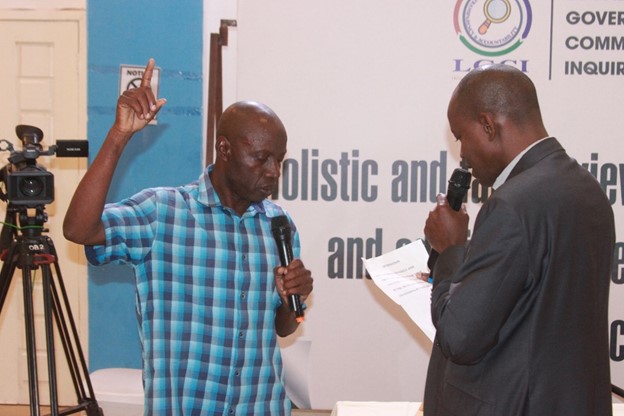
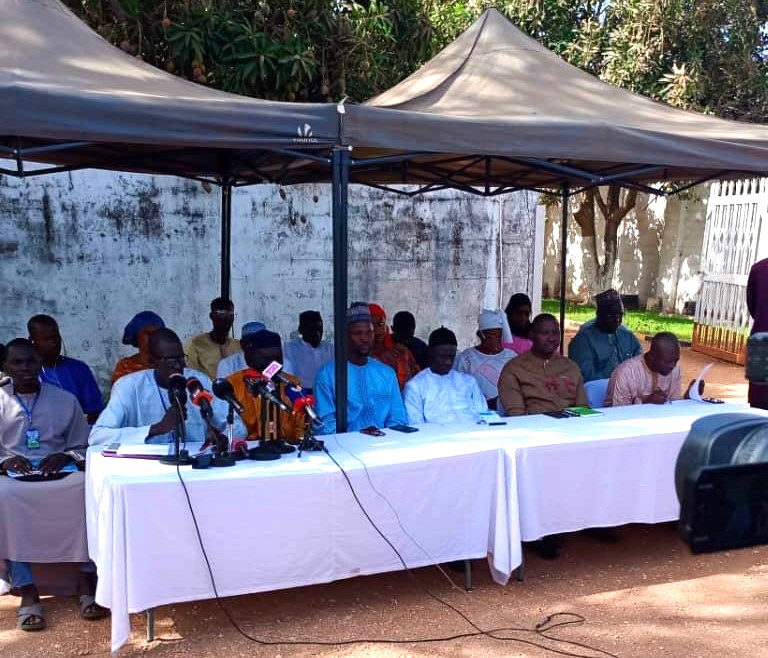
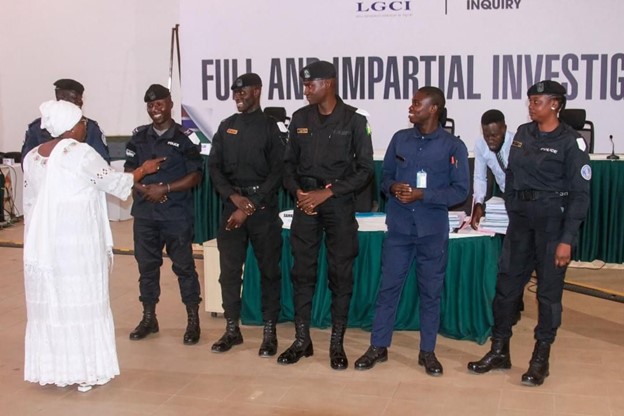
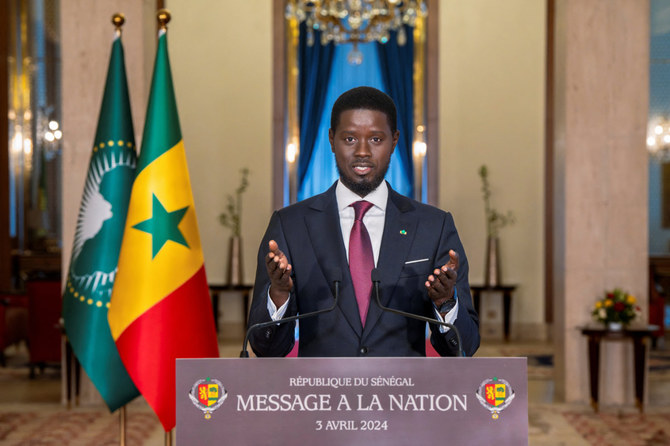


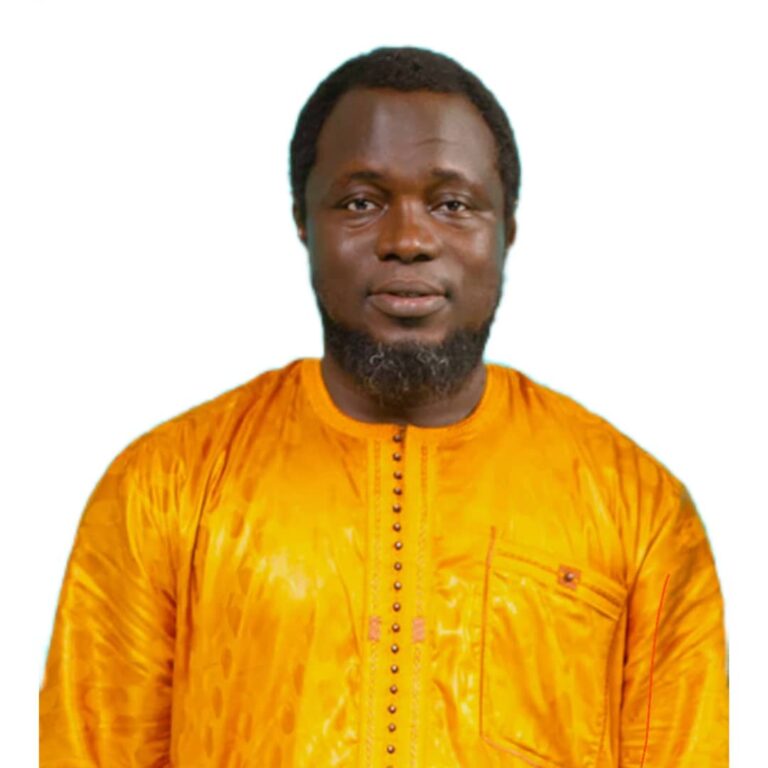
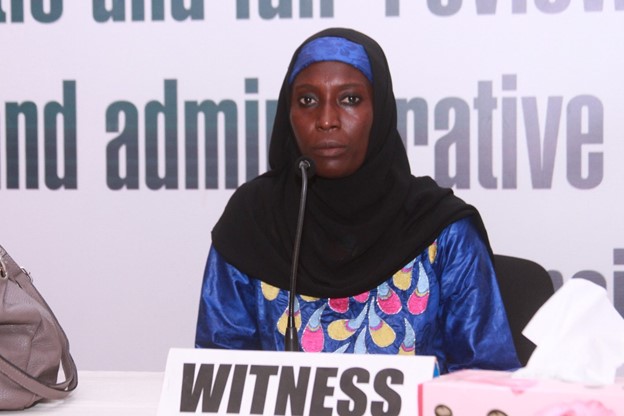
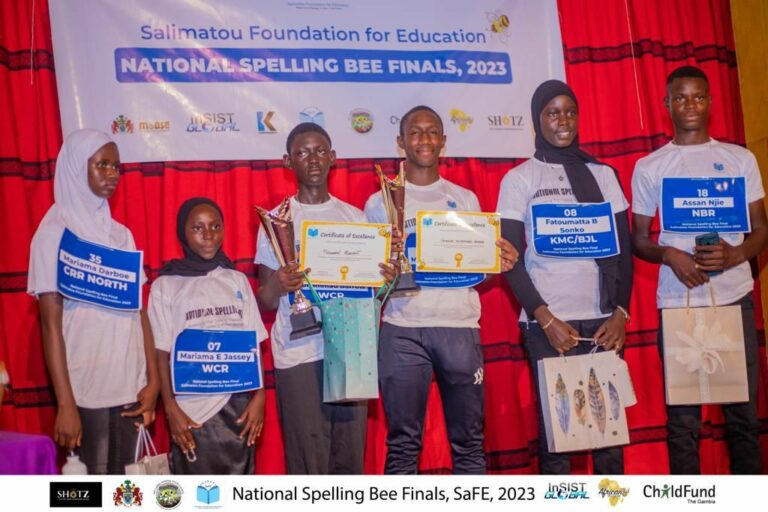
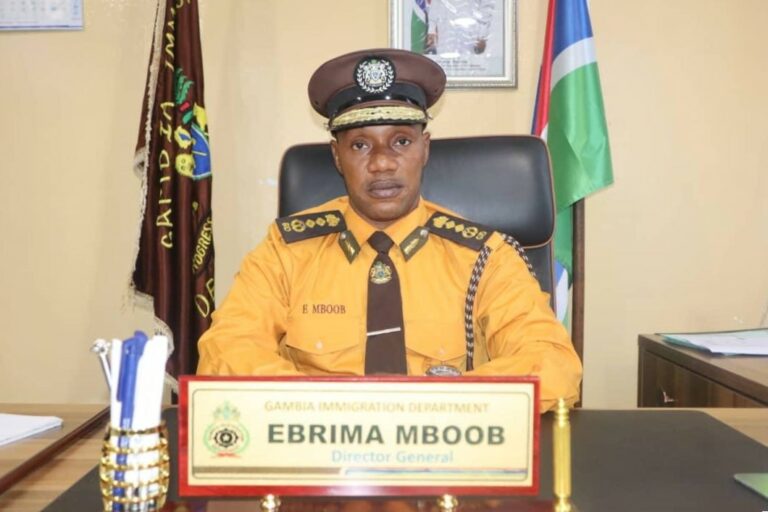
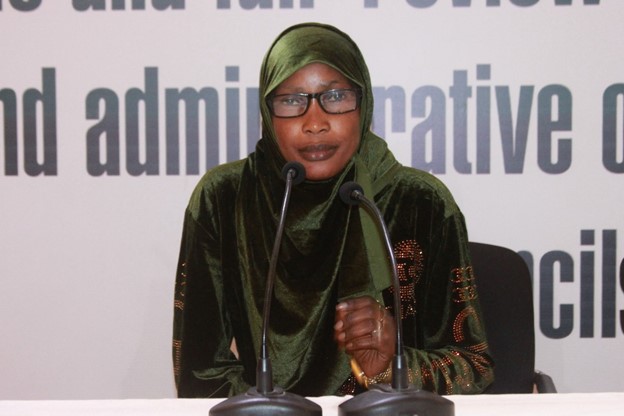
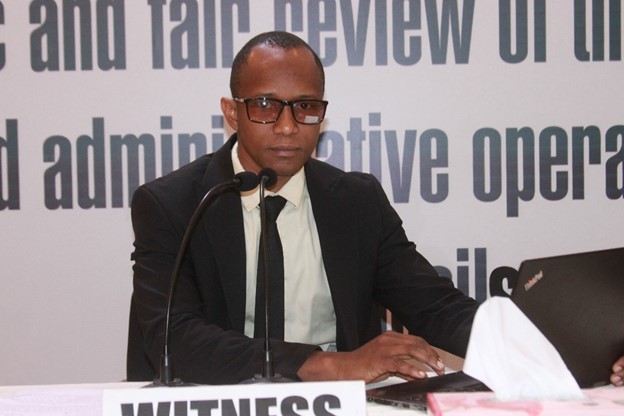

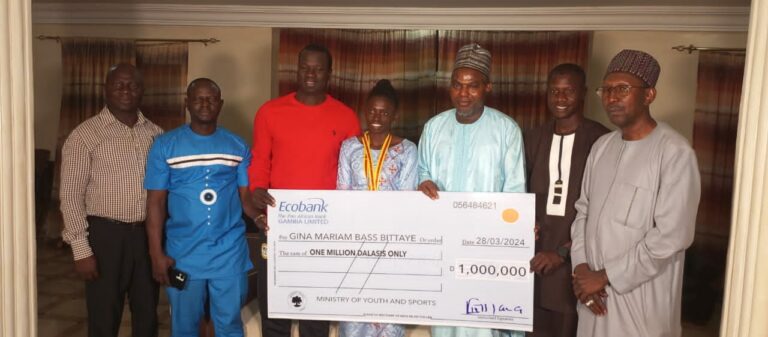
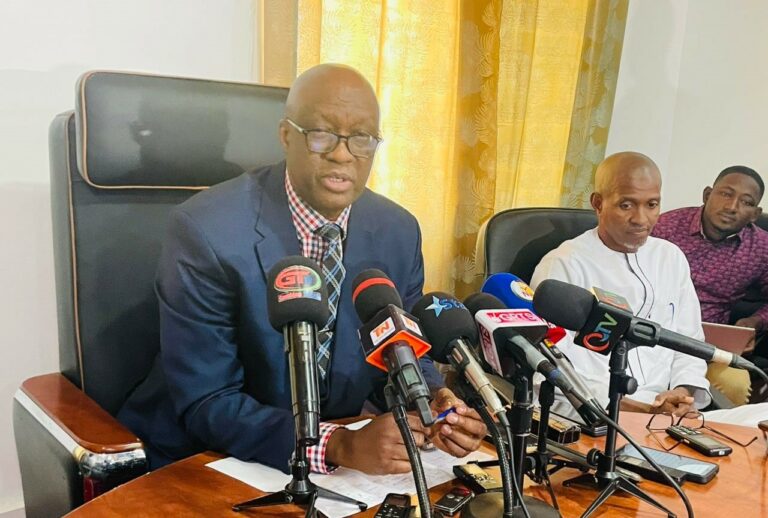
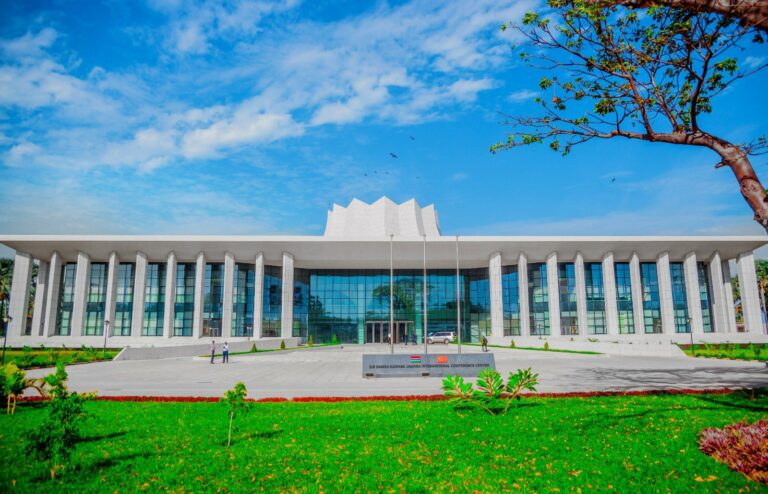
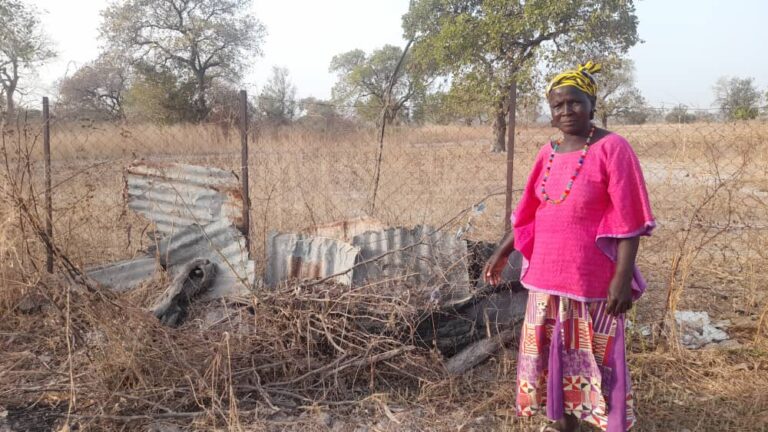
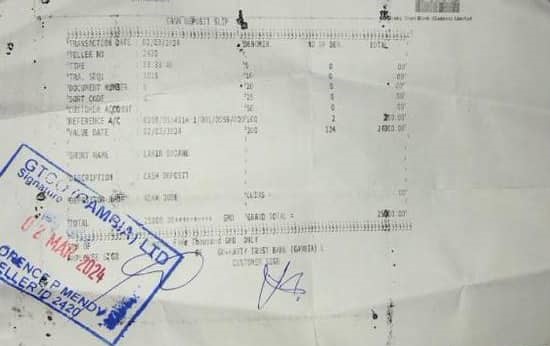
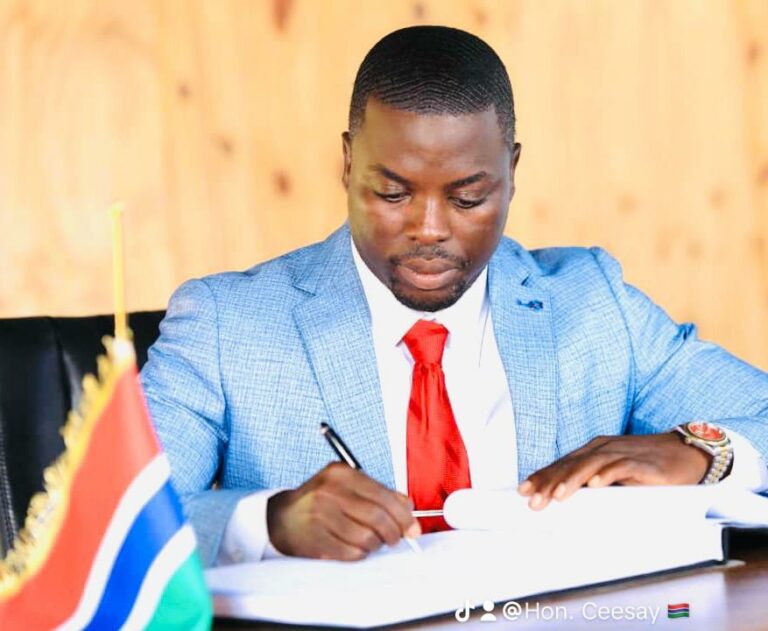
Upholding National Pride: Ensuring the Success of The Gambia’s Hosting of the OIC Summit
COMMENTS
By Bakary J. Janneh
As The Gambia eagerly prepares to host the Organization of Islamic Cooperation (OIC) Summit from May 4th to 5th, 2024, the nation stands at a pivotal moment of international recognition and responsibility. However, amidst the anticipation and excitement, there are voices casting doubts on the credibility, readiness, and security of The Gambia, tarnishing its image and the administration of President Adama Barrow.
It is imperative to address these concerns head-on and rally behind the government’s efforts in hosting this significant event. The Gambia has invested considerable resources, both financially and logistically, to ensure the success of the OIC Summit. This endeavour symbolises not only a diplomatic achievement but also an opportunity for economic and infrastructural growth.
Those who question the capability of The Gambia to host such a prestigious gathering are not only undermining the nation’s potential but also betraying their own citizenship. It is a moment that calls for unity, patriotism, and collective responsibility. Regardless of political affiliations, all Gambians must prioritise the national interest above personal agendas.
The OIC Summit represents an invaluable opportunity for The Gambia to showcase its hospitality, cultural richness, and diplomatic prowess on the global stage. It is a chance to foster international cooperation, strengthen bilateral relations, and attract investments that can benefit the nation’s development agenda.
Security concerns should not overshadow the spirit of optimism and hope that the OIC Summit brings. The government, in collaboration with security agencies, has taken comprehensive measures to ensure the safety and well-being of all participants. Any attempts to sow seeds of doubt or instigate fear are counterproductive and must be condemned unequivocally.
As the countdown to the OIC Summit begins, let us set aside petty politics and divisive rhetoric. Let us instead focus our energies on supporting our government, showcasing the best of Gambian hospitality, and ensuring the success of this historic event. It is time to stand together as proud citizens of The Gambia and demonstrate to the world our unity, resilience, and commitment to progress.
In the spirit of national pride and solidarity, let us embrace the opportunity that the OIC Summit presents and work tirelessly to make it a resounding success. The Gambia’s moment on the world stage is here, and together, we shall seize it with pride, determination, and unwavering resolve.